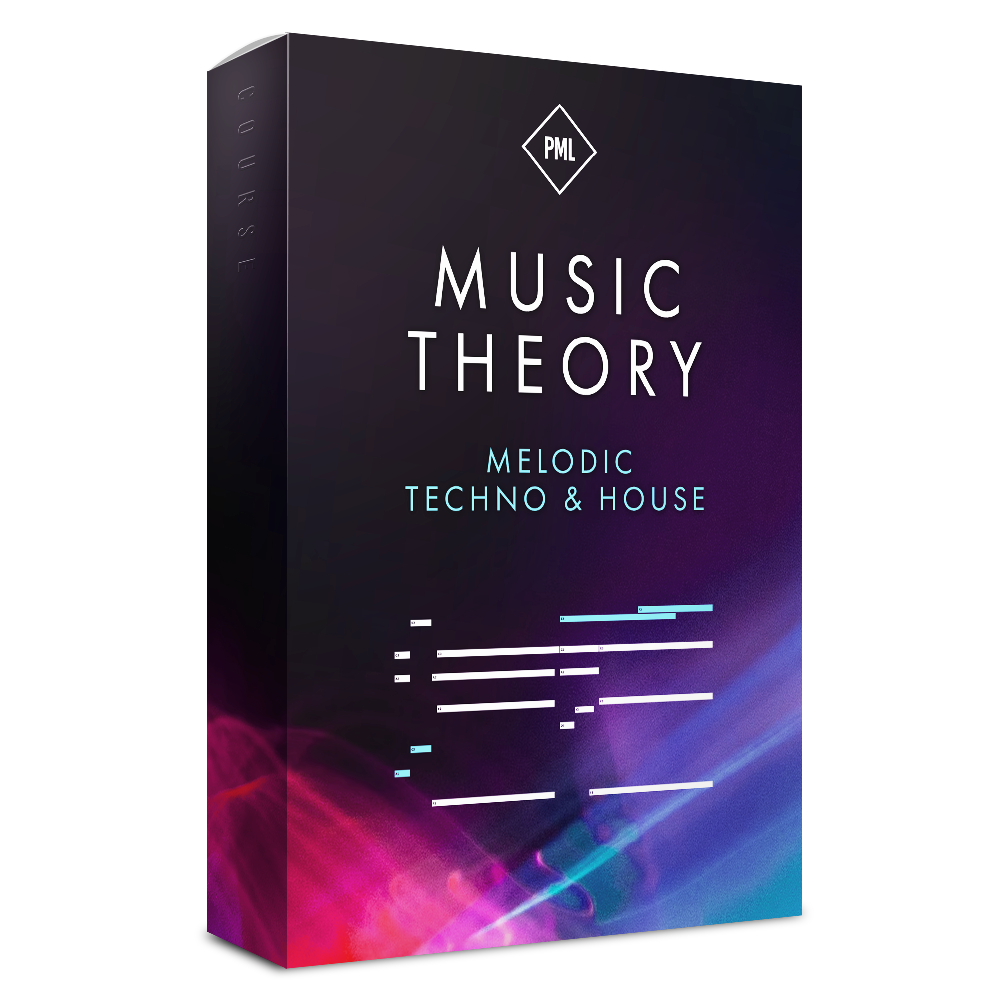Music theory plays a crucial role in creating compelling and harmonious music. When it comes to producing music using FL Studio, having a solid understanding of music theory can be a game-changer. In this article, we will explore the basics of music theory and how you can apply it in FL Studio to enhance your music production skills. Let’s dive in!
The Importance of Music Theory
Music theory is the foundation of creating melodies, harmonies, and chord progressions. It helps you understand how different musical elements work together and enables you to express your musical ideas effectively. By learning music theory, you gain the tools to compose music with intention and create a cohesive sound.

Credit: eightify.app
Key Concepts in Music Theory
Before we delve into applying music theory in FL Studio, let’s familiarize ourselves with some key concepts:
- Notes: Notes are the fundamental building blocks of music. Each note is represented by a letter ranging from A to G.
- Scales: Scales are a series of notes arranged in ascending or descending order. They form the basis for melodies and harmonies.
- Chords: Chords are formed by playing multiple notes simultaneously. They add depth and richness to your music.
- Chord Progressions: Chord progressions are a series of chords played in a specific sequence. They create musical tension and resolution.
- Rhythm: Rhythm refers to the timing and duration of musical sounds. It influences the feel and groove of a composition.
Applying Music Theory in FL Studio
FL Studio offers a range of tools and features that enable you to apply music theory seamlessly. Here’s how you can use FL Studio to enhance your understanding and application of music theory:
1. Piano Roll View
The Piano Roll view in FL Studio is an essential tool for composing melodies and exploring scales. It allows you to visualize and edit MIDI notes easily. By using the Piano Roll, you can experiment with different melodies, adjust note durations, and create harmonies.
2. Chord Progressions And Arpeggiation
FL Studio provides several plugins and features that make it easy to create chord progressions. The Chords & Scales plugin allows you to generate chords based on a selected scale, making it a handy tool for beginners. Additionally, FL Studio’s Arpeggiator plugin can help you create intricate rhythmic patterns based on your selected chords.
3. Midi Controllers And Virtual Instruments
FL Studio offers support for MIDI controllers and a vast library of virtual instruments. By connecting a MIDI keyboard or controller, you can play melodies and chords in real-time, giving you a more organic feel while composing. The virtual instruments in FL Studio provide a wide range of sounds and effects to enhance your compositions.
4. Quantization And Swing
Quantization and Swing are powerful features in FL Studio that allow you to adjust the timing and groove of your MIDI notes. Quantization aligns the notes to a grid, ensuring they are in perfect time. Swing introduces subtle variations in timing, giving your music a more human-like feel. Experimenting with these features can help you create unique rhythms and grooves.
5. Music Theory Plugins And Resources
FL Studio also offers various music theory plugins and resources that can assist you in learning and applying music theory concepts. These plugins provide scale recommendations, chord suggestions, and guidance on building chord progressions. Familiarize yourself with these tools to streamline your music theory process.

Credit: www.productionmusiclive.com
Frequently Asked Questions For Understanding Music Theory In Fl Studio: Mastering Melodies & Chords
What Is The Importance Of Music Theory In Fl Studio?
Understanding music theory in Fl Studio is crucial for creating harmonious and melodious compositions. It provides a solid foundation for composing, arranging, and understanding the structure of music.
How Can Music Theory Benefit My Music Production In Fl Studio?
Music theory enables you to create complex chord progressions, melodies, and harmonies with confidence. With a solid understanding of music theory, you can enhance the creativity and complexity of your music production in Fl Studio.
Where Can I Learn Music Theory For Fl Studio?
There are various online tutorials, courses, and resources specifically designed to teach music theory for Fl Studio. Additionally, you can find books and videos that focus on music theory as it relates to this software.
Can I Produce Professional-quality Music In Fl Studio Without Understanding Music Theory?
While it’s possible to create music in Fl Studio without in-depth knowledge of music theory, understanding its principles can immensely improve the quality and depth of your compositions.
Conclusion
Understanding music theory in FL Studio is essential for producing high-quality music. By grasping the fundamental concepts of music theory and utilizing the powerful tools and features in FL Studio, you can unlock endless creative possibilities. Incorporate music theory into your workflow and watch your compositions flourish!